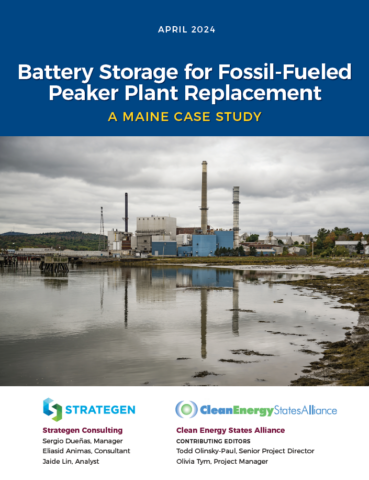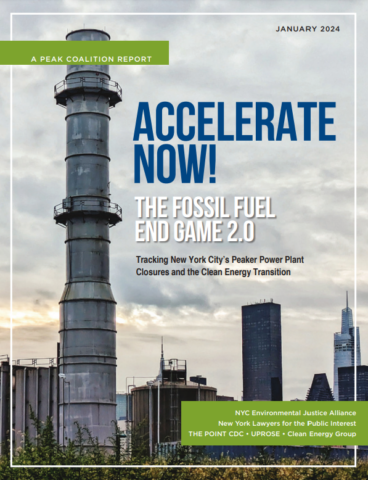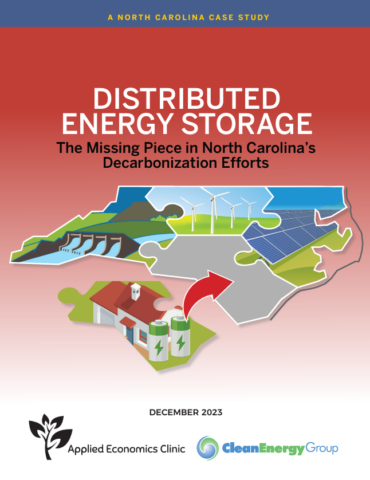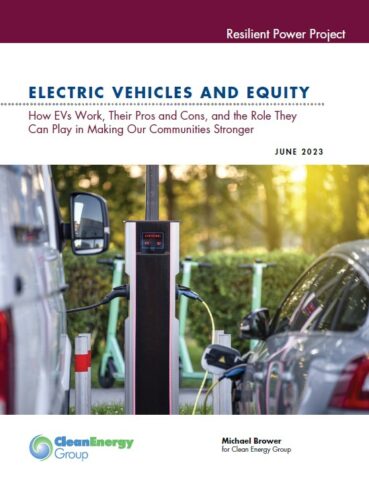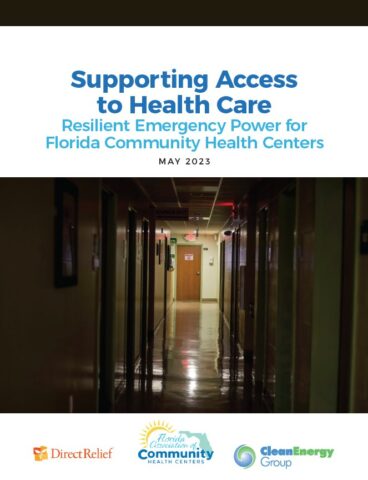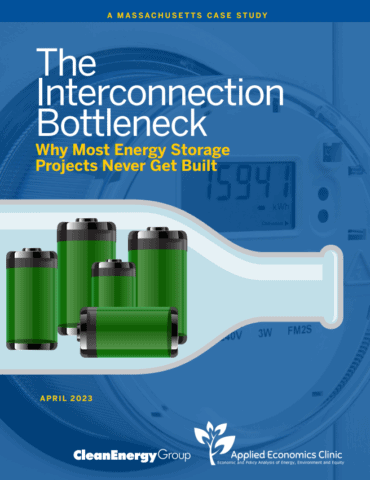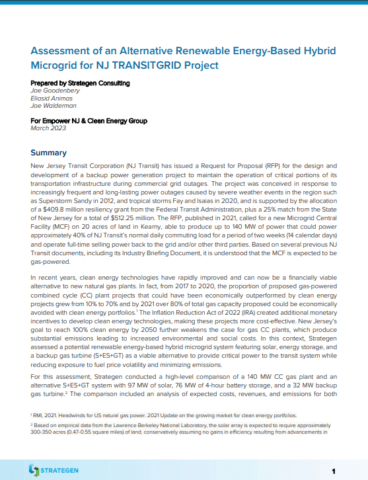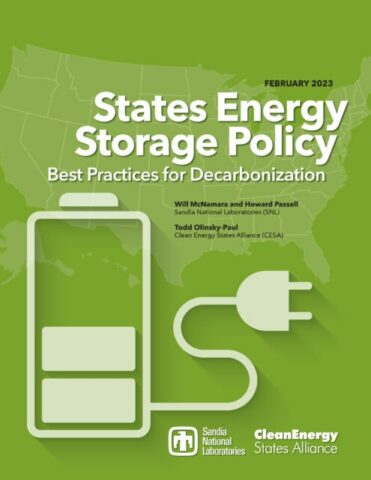Report
This analysis demonstrates that battery storage can cost effectively replace aging fossil-fueled peaker power plants in New England.
This issue brief provides recommendations and guidance on incentive rate-setting for states seeking to develop distributed (behind-the-meter) energy storage incentive programs. It is intended to help states decide how to structure incentive programs and how to set incentive rates.
This report outlines the negative impacts that peaker power plants are having on NYC communities, challenges and barriers impeding the speed of the transition, and pathways forward to accelerate the transition to clean alternatives.
This report aims to give policymakers and advocates the information they need to encourage the inclusion of distributed storage policy in the state’s carbon reduction plans.
This report outlines the impacts of CEG’s 2022 grantmaking through the Technical Assistance Fund and the Resilient Power Leadership Initiative. The report covers the programs’ projects, partnerships, and lessons learned.
Can electric vehicles play a role in advancing equity in underserved and historically marginalized communities? This report explores that question in four parts.
This report describes backup power needs and opportunities at Florida’s Community Health Centers. The report includes a technoeconomic analysis for using solar+storage for emergency backup power at health centers, and provides insights and recommendations for resilient power adoption at Health Centers nationwide.
This report investigates the barriers to more effective and efficient interconnection of distributed energy storage resources.
This analysis determines that the development of a system featuring solar, battery storage, and a backup gas turbine would be a viable and preferred alternative to a new gas-fired CC plant for meeting NJ Transit’s critical loads during severe weather-related outages.
This report highlights best practices, identifies barriers, and underscores the urgent need to expand state energy storage policymaking to support decarbonization in the US.





